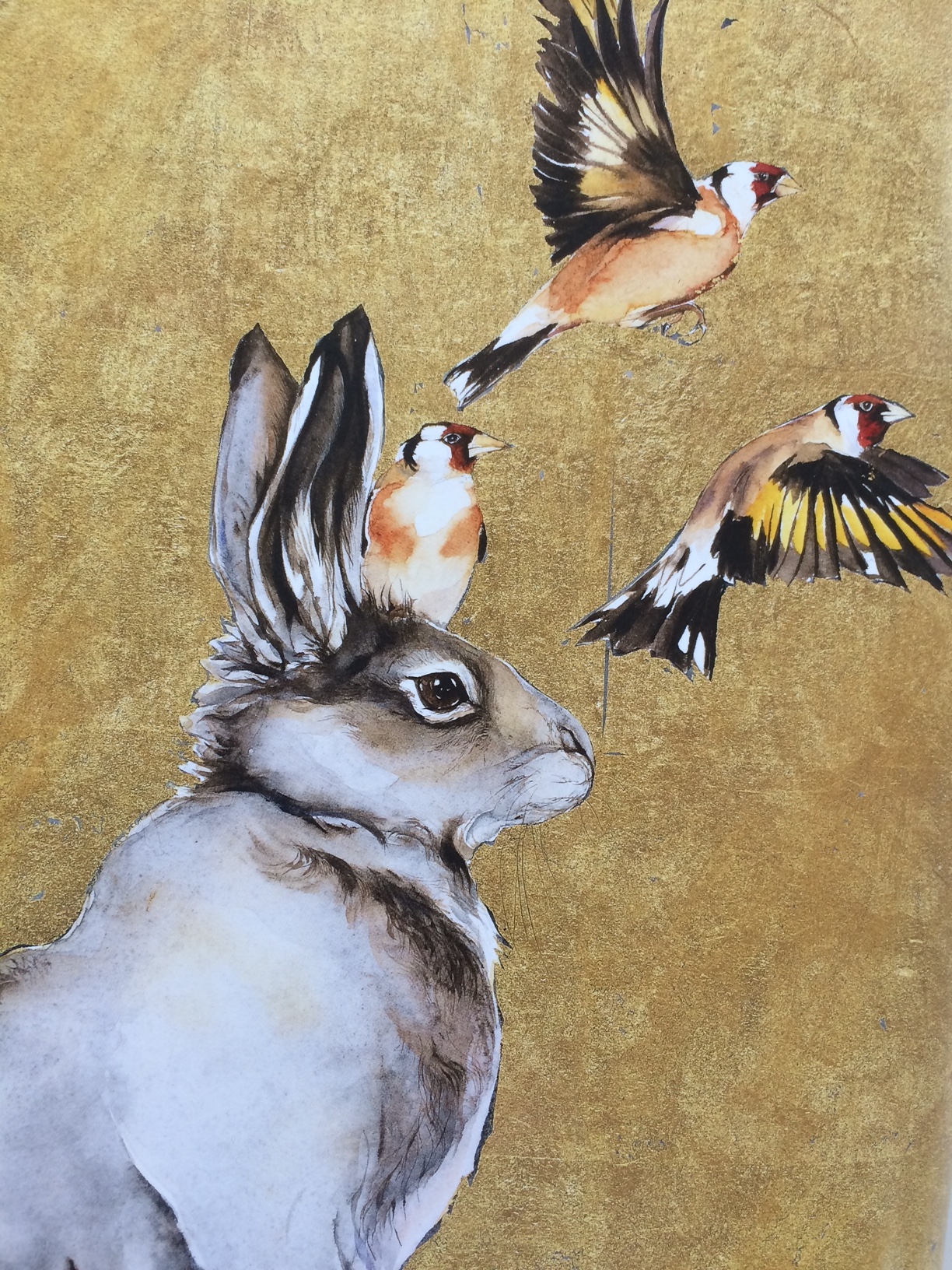It’s about communication and how we try (and often fail) to understand one another. It’s also about our relationship with the natural world and the notion that everything speaks, just not the same language. All three of the main characters have come to me by way of real events, real stories and real people. I’m not sure if I’m qualified to write about any of them. Writers make things up all the time - that’s what we do, but this time it feels different. I need facts. It will not be a true story, but it needs to be a possible one. So I’ve been doing research. All sorts of research.
And last week I met a snow leopard.
I watched the way he moved, the expression in his pale grey eyes, the flick of his tail, the positioning of his ears, his whiskers, the way he licked his tongue, the texture and patterning of his coat. I listened to the timbre of his growl and the softness of his greeting or chuff - a surprisingly sweet combination of a sneeze and a snort. And I learned from him. It was an extraordinary encounter I’ll never forget. It’s not that now I know all there is to know about snow leopards, but spending time with him, being so close, gave me a little confidence. Perhaps I can do this magnificent creature justice after all. Perhaps.
I left feeling a potent mix of awe, gratitude and responsibility.
There is still a great deal of research for me to do - books to read, documentaries to watch, individuals to interview and so on, for all of the main characters. But despite the fact-gathering there remains something about this process of storytelling, of fictionalising reality, that is hard to pin down. I sometimes feel as though the story is the one in charge, the story is choosing the writer, not the other way around.
For a little more on snow leopards and the importance of their conservation see the following:
The Snow Leopard Trust
National Geographic: The Snow leopard
Disney Nature: Born in China wildlife documentary
Side note: Zoos in general spark mixed emotions in me. I have a hard time looking at wild creatures in captivity. But I came away from this particular zoo humbled by the knowledge and compassion of the keepers and grateful for their extraordinary and critical conservation work. Snow leopards are endangered and their population is decreasing, mainly due to careless human activity - poaching and loss of habitat. It struck me that here was a group of humans trying to do the opposite, in a considered, compassionate and thoughtful way.













